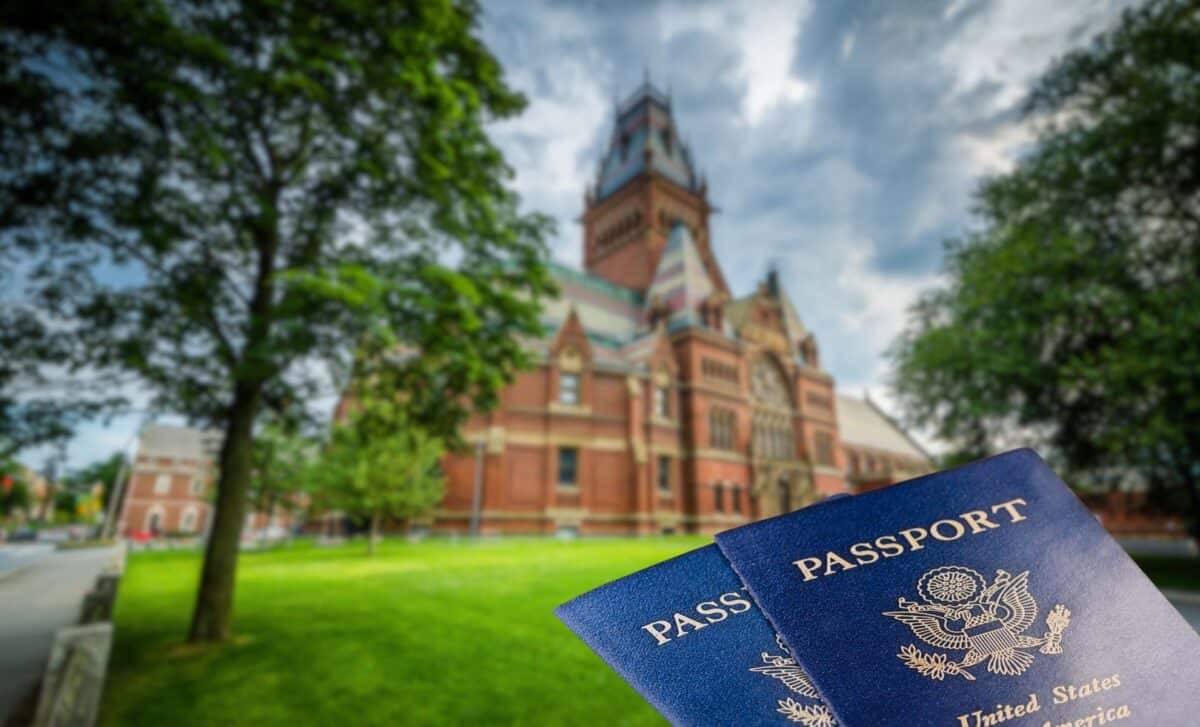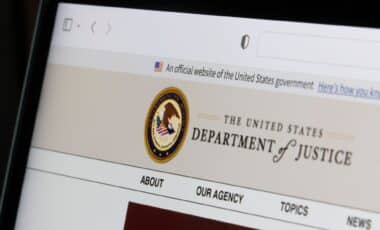The US State Department has expanded its review to include all visa holders connected to Harvard University, extending beyond students to business and tourist visa holders, according to senior officials.
This move follows a series of actions by the Trump administration targeting the Ivy League institution over alleged campus security concerns and ideological disputes.
The investigation arrives amid heightened tensions between Harvard and federal authorities, with the university resisting demands for changes to its governance and student policies.
Comprehensive Visa Review Targets Security and Compliance
Senior State Department officials told Fox News that the visa investigation now encompasses not only student visas but also B-1 business and B-2 tourist visas held by individuals affiliated with Harvard.
The probe aims to identify any security vulnerabilities or abuses of the visa system linked to the university community. This broader scope could affect hundreds of individuals and seeks to determine whether claimed connections to Harvard are substantive or tenuous.
This review coincides with the Department of Homeland Security’s (DHS) decision to revoke Harvard’s participation in the Student and Exchange Visitor Program (SEVP).
DHS Secretary Kristi Noem characterised the termination as a response to Harvard’s alleged failure to cooperate with requests for behavioural records of visa holders and cited concerns over campus protests described as fostering violence and antisemitism.
According to Noem, Harvard’s refusal to comply with reporting requirements and to address what the administration views as an unsafe campus environment resulted in the loss of its SEVP certification.
The State Department has also paused all student visa appointments at US consulates and embassies as it reassesses vetting procedures, adding an additional layer of uncertainty for current and prospective international students connected to Harvard.
Impact on Harvard’s International Community and Legal Battles
Harvard’s international student body, which makes up approximately 27% of its enrolment, faces significant disruption due to the administration’s actions. According to court filings cited by the university, many foreign students have expressed profound fear and confusion, with some considering transferring to other institutions or even skipping graduation ceremonies.
The administration’s visa restrictions extend to recent graduates participating in the Optional Practical Training (OPT) program, as well as incoming students. Harvard has responded by filing lawsuits challenging the federal actions, arguing they infringe on constitutional rights and academic freedom.
The university maintains that the administration’s measures represent retaliation for its refusal to comply with ideological demands and to curtail diversity, equity, and inclusion initiatives.
The ongoing dispute has prompted concerns beyond Harvard’s campus, with foreign consulates contacting the university about the potential effects on their nationals.
Additionally, some universities abroad, such as the Hong Kong University of Science and Technology, have offered streamlined admissions to Harvard students affected by the uncertainty.









